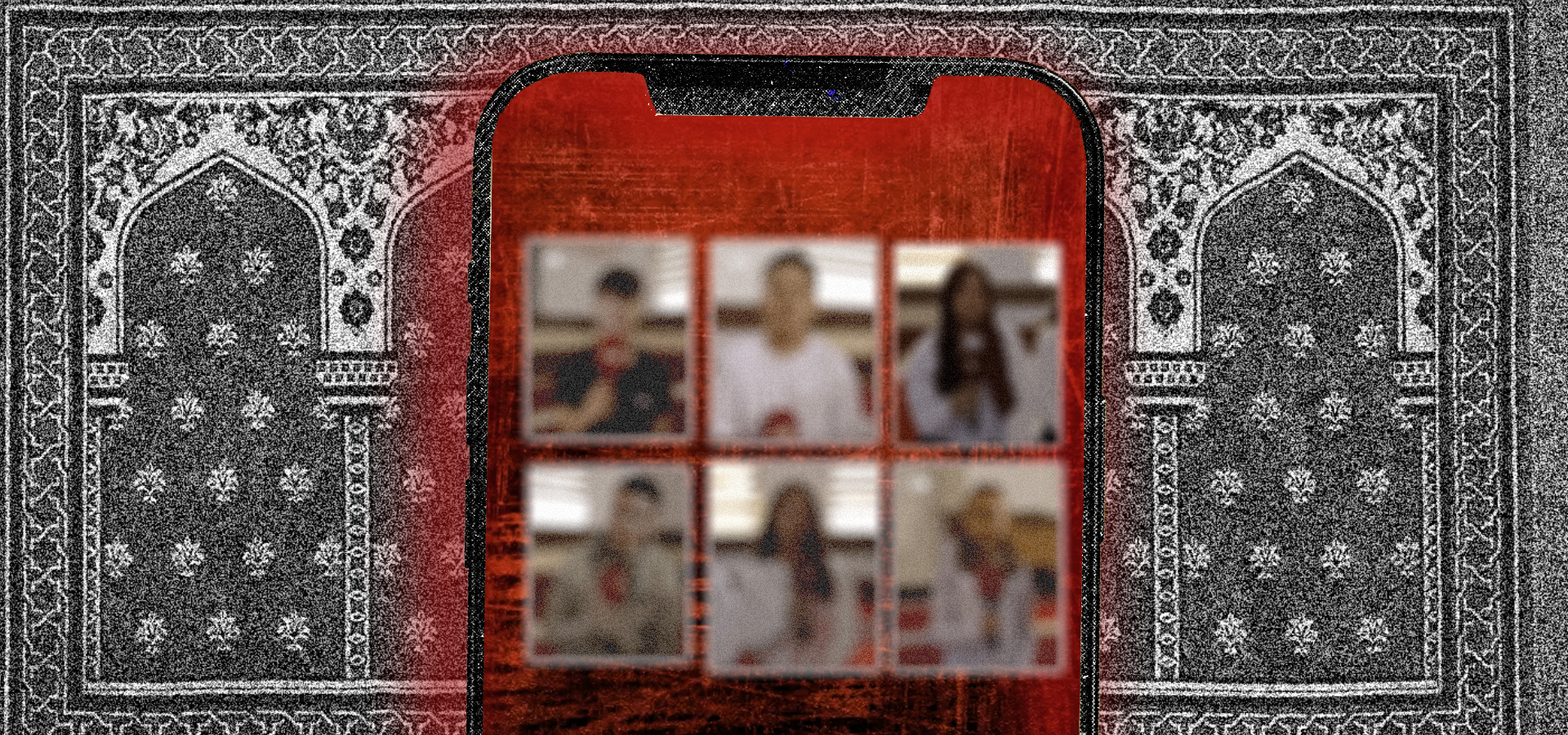
This video touched thousands of hearts
The instrumentalization of children for clicks.
Every headline, every decision about what to show and what to leave out, is a political act.
The instrumentalization of children by the media demands not only ethical reflection but also sustained institutional oversight.

Kaltrina Hoxha
Kaltrina Hoxha is a professional in the field of development and international cooperation, with experience in media and media literacy. She writes about how the media shapes public opinion along with its emancipatory role in promoting free thought and critical judgment, especially in a space overwhelmed by emotion and spectacle.
This story was originally written in Albanian.